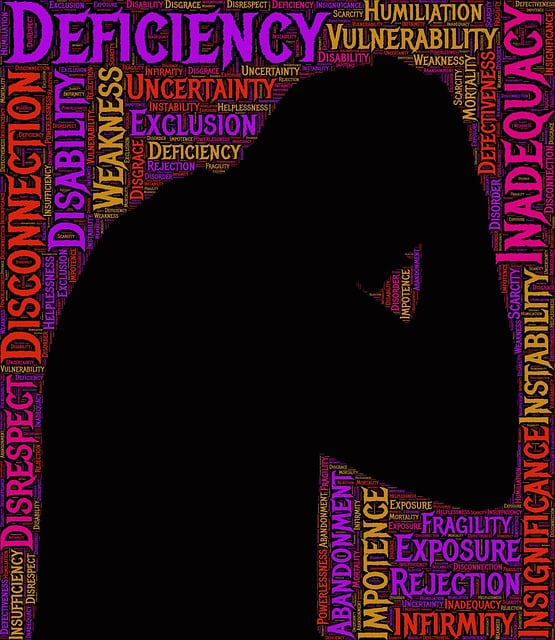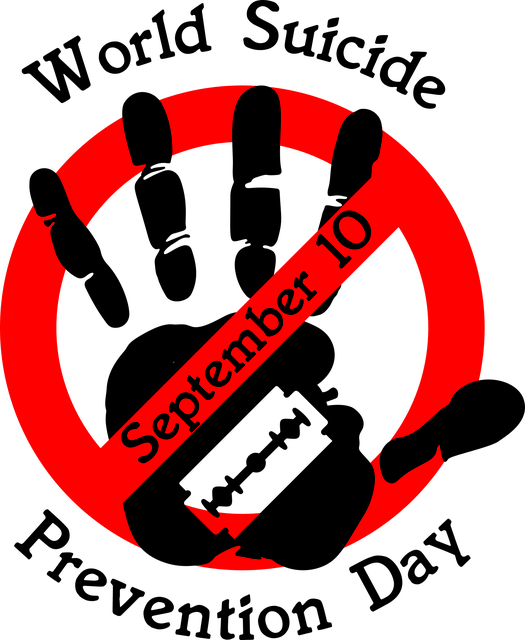Aurora Family Counseling Therapy prioritizes client safety with comprehensive risk assessment and management strategies. By evaluating historical trauma, current stressors, and behavioral patterns, therapists create personalized treatment plans tailored to each client's unique needs and cultural background. They navigate complex family dynamics, employ crisis intervention techniques, and stay abreast of the latest research in stress management and anxiety relief. Through proactive measures like open dialogue encouragement and stringent security within counseling spaces, Aurora Family Counseling Therapy fosters mental health awareness and promotes positive outcomes for clients.
In the dynamic field of mental health, risk assessment is an indispensable tool for professionals like those at Aurora Family Counseling Therapy. This article delves into the critical process of identifying and managing risks within clinical settings. We explore unique challenges faced by Aurora’s therapists, offering insights into navigating complex situations. Through strategic risk management techniques, we aim to equip professionals with the knowledge to mitigate potential hazards, ensuring a safer environment for clients and fostering effective therapy outcomes at Aurora Family Counseling Therapy.
- Understanding Risk Assessment in Mental Health Practice
- Unique Challenges Faced by Aurora Family Counseling Therapy Professionals
- Strategies for Effective Risk Management and Mitigation
Understanding Risk Assessment in Mental Health Practice

Risk assessment is a cornerstone of effective mental health practice, enabling professionals like those at Aurora Family Counseling Therapy to proactively identify, understand, and mitigate potential risks to clients’ well-being. It involves a systematic process of evaluating factors that could negatively impact an individual’s mental health, including historical trauma, current stressors, and behavioral patterns. By conducting thorough risk assessments, mental health practitioners can tailor their interventions and create personalized treatment plans that enhance self-esteem improvement and foster emotional well-being promotion techniques.
This critical process goes beyond simply identifying dangers; it encompasses understanding the client’s unique circumstances, cultural background, and strengths. Professionals must stay updated on relevant mental health policy analysis and advocacy to ensure their assessment methods align with best practices and legal standards. A comprehensive risk assessment allows for early intervention, preventive care, and effective crisis management, ultimately contributing to positive outcomes in clients’ journeys towards mental health recovery and resilience.
Unique Challenges Faced by Aurora Family Counseling Therapy Professionals

Aurora Family Counseling Therapy professionals face unique challenges that demand specialized attention. In contrast to individual therapy settings, they navigate complex interpersonal dynamics within families, requiring an intricate balance between maintaining professional boundaries and cultivating a safe, non-judgmental space for all members. This involves deftly managing differing opinions, emotional intensities, and often confidential information shared by various family units.
Furthermore, the ever-evolving landscape of mental health awareness necessitates that these professionals stay abreast of emerging research, therapeutic techniques, and best practices in stress management and confidence boosting strategies. They must be adept at tailoring their approach to diverse cultural backgrounds and individual needs while advocating for inclusive and accessible mental health care within the Aurora community.
Strategies for Effective Risk Management and Mitigation

In the realm of mental health counseling, effective risk management is paramount to ensuring a safe and supportive environment for both clients and professionals, such as those at Aurora Family Counseling Therapy. Strategies for mitigating risks involve proactive measures like comprehensive training in crisis intervention and suicide prevention, fostering an open dialogue culture where clients feel comfortable expressing vulnerabilities, and implementing robust security protocols within the counseling space. Regularly updating risk assessment tools and staying informed about industry best practices are essential components of a robust risk management plan.
Additionally, promoting mental health awareness among both staff and clients is crucial. Educating individuals on recognizing early warning signs of distressing conditions like anxiety can foster timely interventions. By integrating strategies for Anxiety Relief into their practice, mental health professionals at Aurora Family Counseling Therapy not only enhance their ability to manage risks but also contribute to a broader Mental Health Awareness, ultimately revolutionizing the way counseling services are delivered and received.
Mental health professionals, such as those at Aurora Family Counseling Therapy, must consistently navigate complex situations while prioritizing client safety. By understanding risk assessment, recognizing unique challenges, and implementing effective strategies, therapists can enhance their practice, mitigate risks, and provide the best possible care for their clients. These measures ensure that Aurora Family Counseling Therapy remains a safe haven for individuals seeking support.














